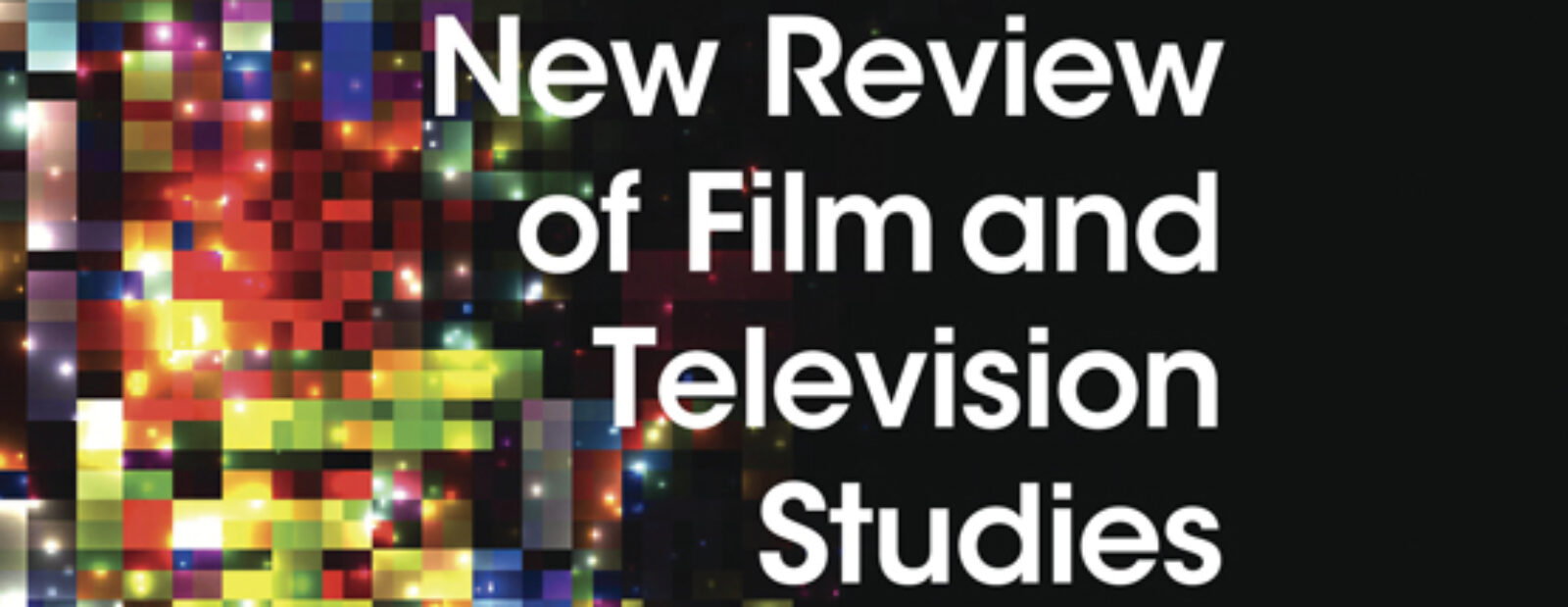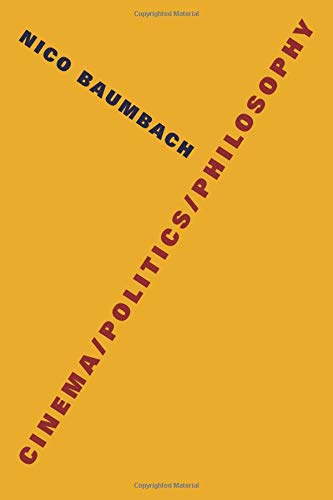by Nico Baumbach, reviewed by Ekin Erkan
Excerpt: “Baumbach teases out Deleuze for a political commentary on cinematic thought related to digitality, taking inspiration from Deleuze’s later writing(s) about the looming ubiquity of data-collection (control-power) and the possibility of a third regime of images – the ‘data-image’ – which not only follows the ‘time-image’ but threatens to efface its impurity. This impurity is the engine of the ‘time-image’s’ (micro)political prowess, tied to the ‘time-image’s’ deracination of image from sound and temporality by way of editing, thereby challenging the unitary logic of information and natural perception by affirming thought and resistance, or thought-as-resistance. Following Deleuze, Badiou, and Rancière, Baumbach thus argues that we need to insist on a concept of impurity in relation to cinema in order to make ‘the idea of cinematic thought possible if we are to stave off the disaster of the reduction of the image to techniques of control or advertising for advertising’s sake’ (87).” Read full review here

